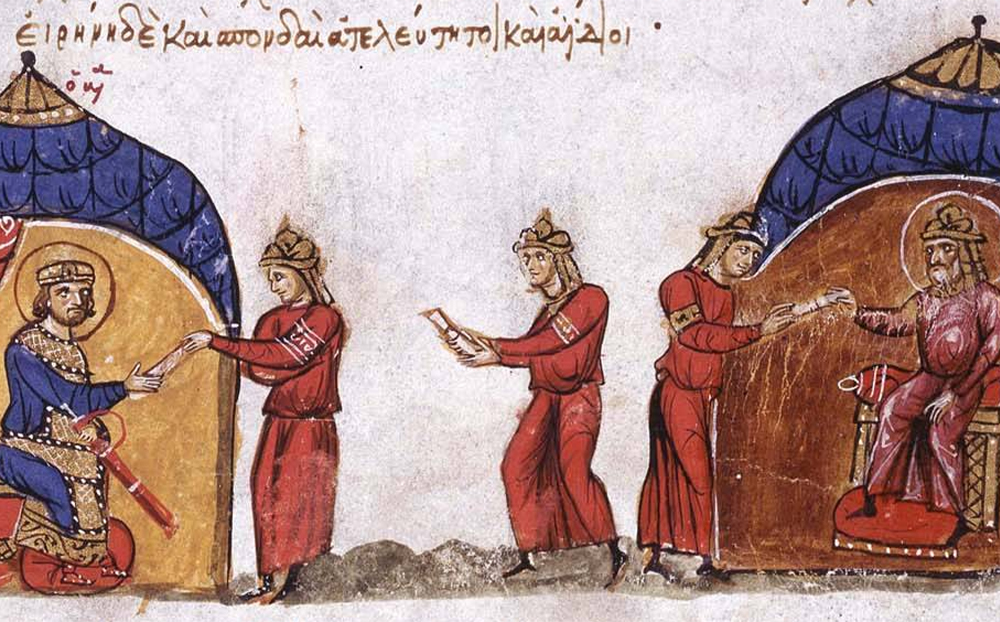Why Do We Want Ceasefires?
A 7th-Century Roman-Arab Conflict Shows the Power of Enduring Peace Treaties Over Temporary Truces
Why do we want a ceasefire?
This question is in the news as a result of the ongoing Israel-Hamas conflict, but the question is actually ancient. It reminds me, a historian of ancient Rome, of the 7th-century emperor Justinian II, and of some very old but still relevant concerns about whether ceasefires are worth pursuing.
Romans and others in the ancient world distinguished between a peace treaty and a truce, what we now call a ceasefire. Truces paused fighting, often for a specified period of time and sometimes following concessions by one …










